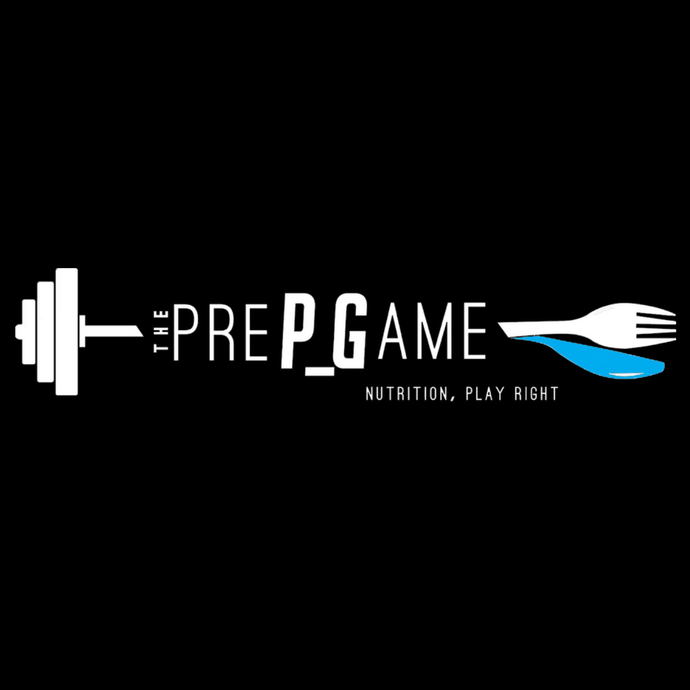Do you sometimes find yourself sitting in front of your computer in the middle of the afternoon, staring into space and unable to focus on the task at hand? This happens in workplaces and schools all around the world every day at around 3pm. Think about what you eat for lunch. Does it include foods that will boost your brainpower or more likely to leave you feeling drained? The foods you eat at work or school can make a big difference to concentration, focus, productivity and learning later in the day. Not to mention the positive effect on mood and stress levels. Here are some nutrition tips to help keep you thinking clearly and on top of your game all day.
Eat foods high in Omega-3 fatty acids
You may have heard before that eating fish is good for your brain. Omega-3 fatty acids are a prominent component of neuronal membranes – and fish are our best dietary source of these fats. The best way to increase your omega-3 intake is to eat more fish and seafood. Research has also shown that EPA predominant fish oil supplements may have benefits for individuals with diagnosed depression (however please see your qualified health professional to discuss your individual needs when it comes to nutrition supplements).
Choose Low Glycemic Index
Stable blood glucose levels help to the brain continuously fuelled. High glycemic index foods which are quickly absorbed into the blood stream may cause erratic blood sugar levels which can effect energy levels and mood. If you choose wholegrain over high-sugar you can help to keep blood glucose stable and this means consistent brain fuel. Protein and healthy fats can also reduce the glycemic impact of a meal or snack.
Don’t go hungry
‘Hungry grumpy’ really is a thing! If you haven’t eaten enough you feel hungry and blood glucose levels can get quite low, leaving it hard to concentrate and having an impact on brain function. Keep your brain well-fuelled to improve your mood.
Drink enough fluid
Numerous studies have shown the benefits to athletic performance from being well-hydrated, from concentration to co-ordination to judgement. These same performance principles can apply to work and school scenarios, so keep up fluid intake in the morning and as the day progresses.
Drink tea
Sometimes we use caffeine as a pick-me-up, but this doesn’t address the real reason why you need that extra boost. By eating more wholefoods and less processed, you may not need the coffee. Nothing wrong with a daily coffee, but tea is a great option for your brain. Tea contains theanine, a compound which can have a direct impact on the brain to keep you alert but relaxed at the same time.
Mix up your fruits and vegetables
Several studies have shown a link between fruit and vegetable intake and improved mood and feelings of depression. It is difficult to determine which particular nutrients or antioxidants are of most benefit, but just another reason to include a wide variety of different fruit and vegetables every day.
Add probiotics
More and more research is showing links between the health of the gut and other body organs. A healthy gut may reduce inflammation throughout the body, and can impact on your brain and mood. More research is required, but by including probiotics from yoghurt, fermented foods and drinks we can help to keep our mind and body healthy.
If you are interested in more updates about the links between the food we eat and performance at work and sport, I would love to send you my free newsletter, just leave your details here. You can also follow me on Facebook, Instagram and Twitter for more regular nutrition updates, recipes and food ideas.





























